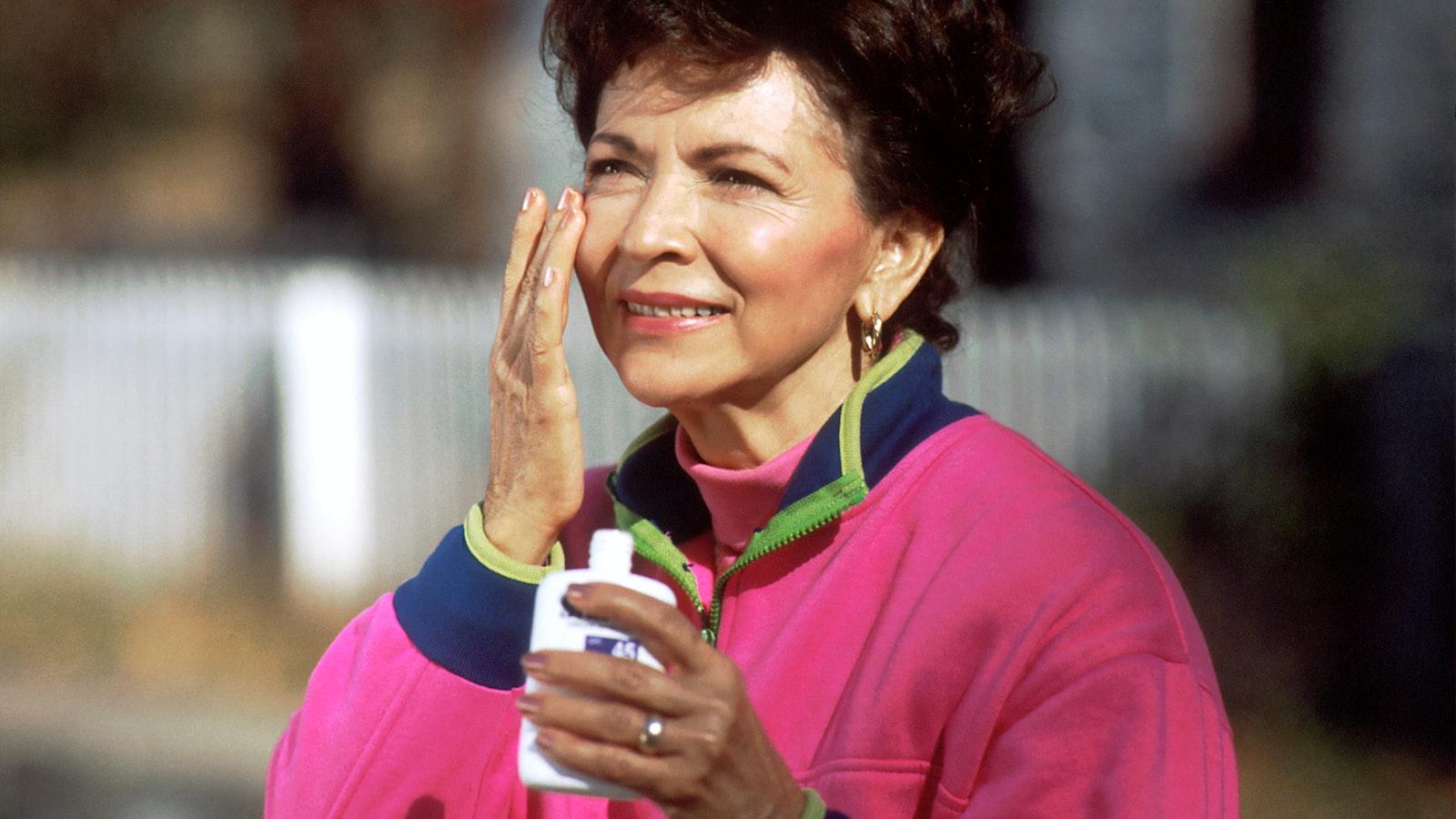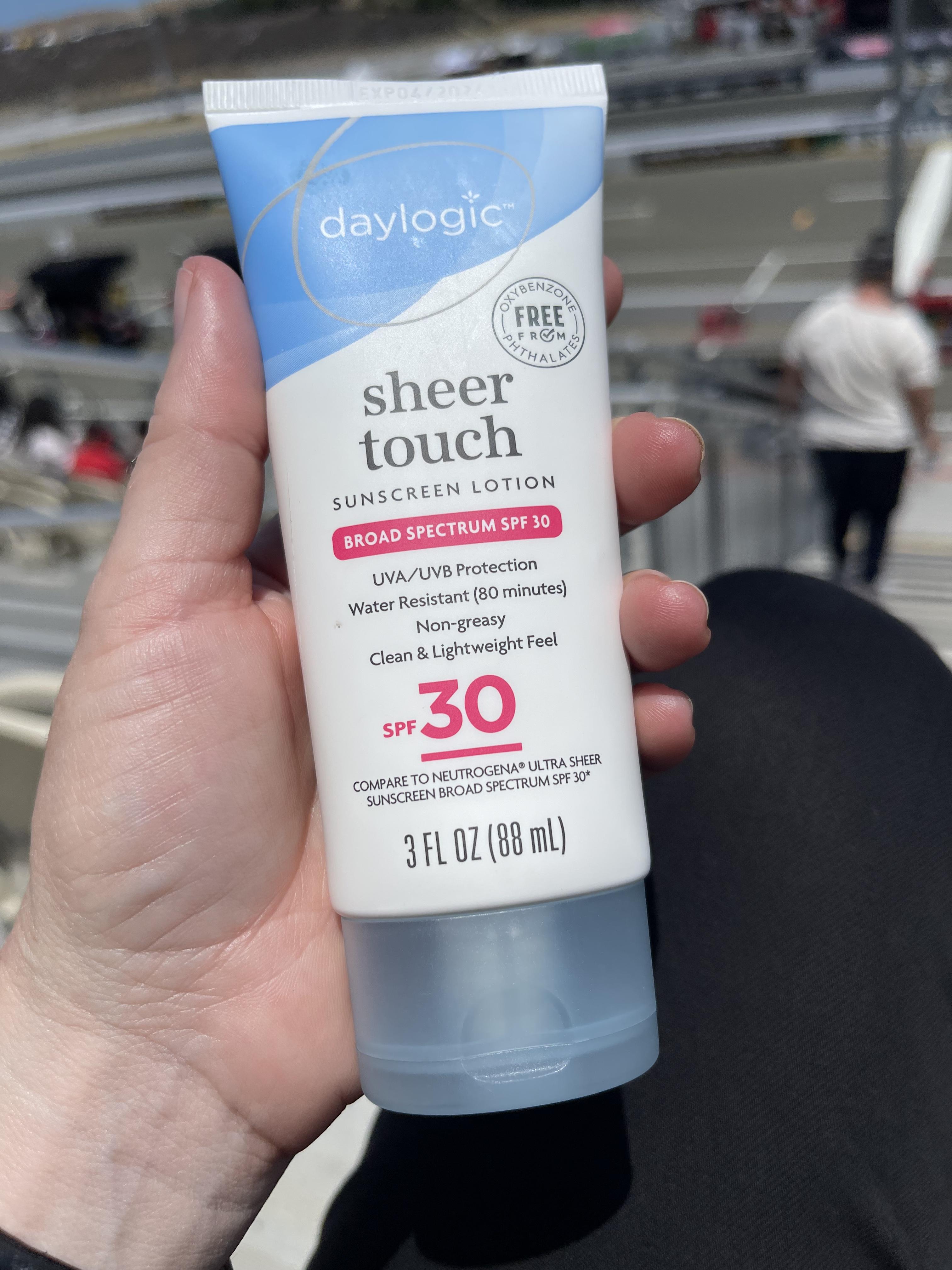With summer in full swing, many of us are diligently applying sunscreen to protect our skin from the harmful effects of the sun. But could our trusty sunscreen actually be doing more harm than good? In recent years, there has been speculation surrounding the potential link between sunscreen use and skin cancer. In this article, we delve into the controversy surrounding this topic and examine the evidence to determine if sunscreen truly does cause skin cancer. So grab your beach towel and join us on this investigation into the world of sun protection.
The Truth Behind Sunscreen and Skin Cancer
Sunscreen is often touted as a necessary tool in the fight against skin cancer, but recent studies have raised concerns about its potential role in actually causing skin cancer. Some research suggests that certain chemicals found in sunscreen, such as oxybenzone and octinoxate, may be linked to an increased risk of skin cancer when exposed to sunlight. These chemicals have been found to penetrate the skin and generate harmful free radicals, which can damage DNA and potentially lead to skin cancer development.
On the other hand, many experts argue that the benefits of using sunscreen far outweigh the potential risks. Sunscreen helps protect the skin from harmful UV rays, which are a known major risk factor for developing skin cancer. When used correctly and in conjunction with other sun protection measures, such as seeking shade and wearing protective clothing, sunscreen can play a crucial role in preventing skin cancer. It is important to choose a sunscreen that offers broad-spectrum protection and is water-resistant, and to apply it generously and reapply regularly for maximum effectiveness.

Understanding the Role of Sunscreen in Skin Cancer Development
Contrary to popular belief, sunscreen does not cause skin cancer. In fact, sunscreen is an essential tool in protecting your skin from harmful UV rays that can ultimately lead to skin cancer. While some studies have raised concerns about certain chemicals found in sunscreen, the benefits of using sunscreen far outweigh the risks.
When choosing a sunscreen, it’s important to look for broad-spectrum protection, which helps protect against both UVA and UVB rays. Additionally, using a sunscreen with a high SPF (Sun Protection Factor) can provide added protection against sun damage. Remember to reapply sunscreen every two hours, especially if you’re spending extended periods of time in the sun.

Choosing the Right Sunscreen to Minimize the Risk of Skin Cancer
Sunscreen is an essential tool in protecting your skin from harmful UV rays, which can increase the risk of developing skin cancer. But does sunscreen actually cause skin cancer? The answer is no. In fact, using sunscreen correctly can help minimize the risk of skin cancer by providing a protective barrier against the sun’s damaging rays.
When choosing the right sunscreen, it’s important to consider factors such as SPF level, broad-spectrum coverage, and water resistance. Look for sunscreens that have an SPF of 30 or higher, provide protection against UVA and UVB rays, and are water-resistant. Additionally, consider your skin type and any sensitivities you may have to certain ingredients. By choosing the right sunscreen and using it consistently, you can help reduce your risk of developing skin cancer and keep your skin healthy and protected.

Expert Recommendations for Sunscreen Use and Skin Cancer Prevention
There is a common misconception that sunscreen causes skin cancer, but this is simply not true. In fact, wearing sunscreen is one of the best ways to protect your skin from harmful UV rays that can lead to skin cancer. Experts recommend using sunscreen with a minimum SPF of 30 and reapplying every two hours, especially if you are swimming or sweating. It is also important to use a broad spectrum sunscreen that protects against both UVA and UVB rays.
Another important tip for skin cancer prevention is to seek shade whenever possible, especially during peak sun hours between 10am and 4pm. Wearing protective clothing, such as a wide-brimmed hat and sunglasses, can also help reduce your risk of skin cancer. Remember, when it comes to sunscreen and skin cancer prevention, it’s better to be safe than sorry!
Concluding Remarks
In conclusion, while there have been some concerns and studies about the potential link between sunscreen and skin cancer, the overwhelming consensus among healthcare professionals is that sunscreen is a crucial tool in protecting our skin from harmful UV rays. It is important to continue using sunscreen as part of our daily sun protection routine, along with seeking shade and wearing protective clothing. As research in this area continues to evolve, it is always best to consult with a healthcare provider for personalized advice on sun protection. Stay safe in the sun and keep your skin healthy!






